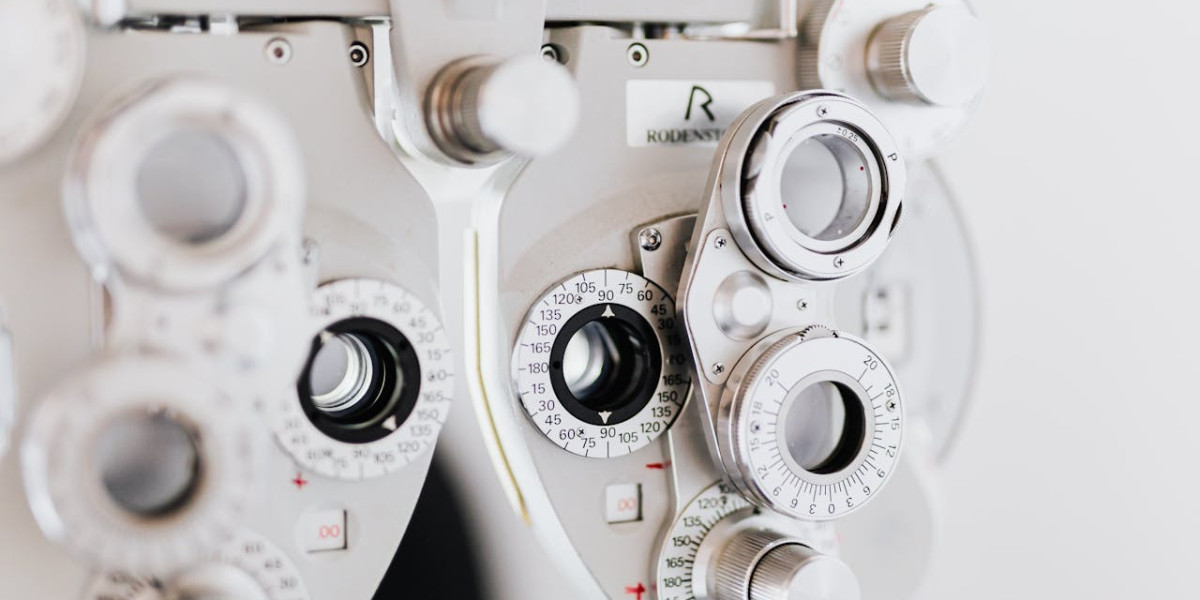Eye Care, Our eyes are vital organs that allow us to experience the world around us, from reading and recognizing faces to enjoying vibrant colors and natural landscapes. Taking good care of your eyes is essential to maintain healthy vision and prevent common eye problems.
Importance of Eye Care
Good eye care helps in the early detection and treatment of eye diseases, reduces the risk of vision loss, and improves overall quality of life. With increasing screen time, environmental pollutants, and aging populations, eye care has become more important than ever.
Common Eye Problems
Some of the most common eye conditions that require attention include:
Refractive Errors (Myopia, Hyperopia, Astigmatism): Problems with how the eye focuses light, causing blurry vision.
Cataracts: Clouding of the eye’s natural lens, leading to gradual vision loss.
Glaucoma: Increased pressure inside the eye damaging the optic nerve, often without early symptoms.
Age-related Macular Degeneration (AMD): Degeneration of the central part of the retina, affecting sharp vision.
Diabetic Retinopathy: Damage to retinal blood vessels caused by diabetes, potentially leading to blindness.
Dry Eyes: Insufficient tear production causing discomfort and vision problems.
Eye Strain: Often caused by prolonged screen use, resulting in dryness, headaches, and blurred vision.
Tips for Maintaining Healthy Eyes
Regular Eye Exams
Get your eyes checked at least once every two years, or more frequently if you have risk factors such as diabetes, family history, or existing eye conditions.Protect Your Eyes from UV Rays
Wear sunglasses that block 100% of UVA and UVB rays whenever you are outdoors.Follow the 20-20-20 Rule
To reduce digital eye strain, every 20 minutes look at something 20 feet away for at least 20 seconds.Maintain a Healthy Diet
Foods rich in vitamins A, C, E, omega-3 fatty acids, and antioxidants—such as leafy greens, carrots, fish, and nuts—support eye health.Avoid Smoking
Smoking increases the risk of cataracts, glaucoma, and macular degeneration.Use Protective Eyewear
When working with tools, chemicals, or playing sports, wear appropriate safety glasses to prevent injuries.Manage Chronic Conditions
Control diabetes, hypertension, and other health issues that can affect your vision.
When to See an Eye Specialist
Seek professional care if you experience:
Sudden vision changes or loss
Eye pain or redness
Persistent headaches or eye strain
Flashes of light or floaters in your vision
Difficulty seeing at night or glare sensitivity
Advances in Eye Care
Modern ophthalmology offers a wide range of diagnostic tools and treatments including laser surgeries, cataract removal with intraocular lens implants, glaucoma management, and treatment of retinal diseases. Early diagnosis and timely intervention can often preserve or restore vision.




